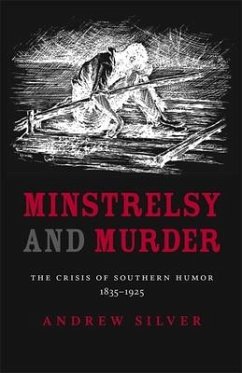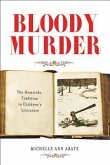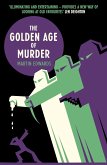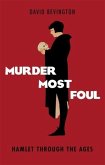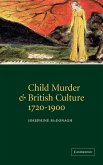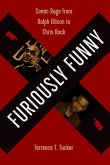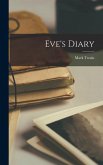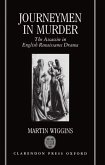In Minstrelsy and Murder, Andrew Silver locates the foundation of the South's dark humor in the great and violent cultural upheavals of the nineteenth century. Examining the connection between comic victimization and real acts of aggression, Silver shows southern humor to be a product not of America's wholeness and national unity but of its internal fears, divisiveness, and perpetual civil strife. He focuses on the work of southern writers Augustus B. Longstreet, George Washington Harris, Charles Chesnutt, and Mark Twain, exploring a strain of regional humor that runs counter to the more familiar American comic tradition. A profound distress about class emerges clearly in Silver's reading of Longstreet's Georgia sketches, just as Harris's post-Civil War stories reveal an escalating anger toward Yankees, emancipated African Americans, and upstart women. Twain and Chesnutt, however, mark a turning point for southern humor, Silver argues. By resisting entrenched comic elements of racist acts of violence and instead using narratives that turn upon and expose the destructive power of racist typing, they created humor that both wounds and dares to speak of wounds. Silver investigates the cultural fears addressed through nineteenth-century comic forms and "voices" such as Yankee humor, minstrelsy, sentimental fiction, political broadsides, Ku Klux Klan sketches, frontier humor, and sadistic slapstick. He explains how southern humor evolved into a genre at war with itself, stifling laughter by unearthing the trauma at the core of the comic.
Bitte wählen Sie Ihr Anliegen aus.
Rechnungen
Retourenschein anfordern
Bestellstatus
Storno

